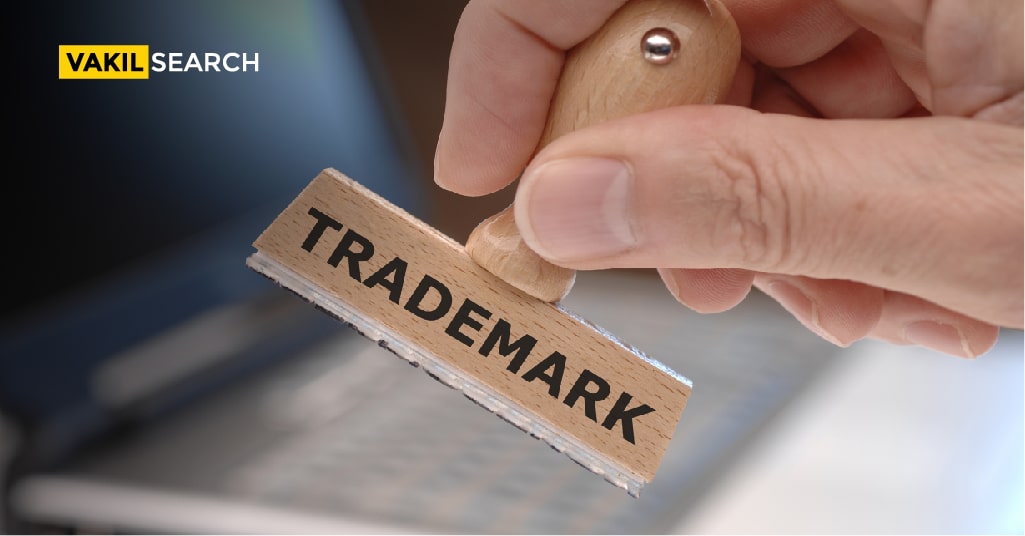A trademark creates an identity for the brand and distinguishes it from other products or services in the market. But what if someone stops you from claiming your right? For that, we need to understand the concept of objection for trademark.
What Is a Trademark Objection?
A trademark may get objected when a trademark examiner, public or a third party objects to the registration of a particular trademark. The Government trademark examiner can object to a trademark registration application by seeking valid explanations about the mark. There may be two specific reasons for such an objection-
- Wrong on incomplete information in the application
- Existence of a similar trademark
Besides, any third party or public may file an objection for the trademark in the public interest-
- When the mark gets published in the trademark journal
- When the trademark is used before registration.
Such an objection should be filed within four months and the grounds for the objections should be mentioned clearly.
Whenever an objection for the trademark is raised, the application status will be marked as ‘Opposed’. In the case of a registered trademark, the same will be marked as ‘Objected’ in the Indian trademark registry. A notice will be served to the applicant/trademark user, informing him about the objection and the grounds of opposition therein.
Here are the Reasons for Trademark to Get Objected
Use of Incorrect Trademark Form
In case the application is not made on the correct form, an objection would be raised by the trademark examiner. The statement of the examiner will be as follows: The application is made on Form TM-1, for certification mark in respect of goods and services falling in a Trademark class, the form of the application should be corrected as TM-4 by filing a request on TM-16. Soon after this, the applicant must file a request on TM-16.
Incorrect Trademark Applicant Name
The name mentioned in the application must have the names of all partners and must be filed in the name of a partnership firm. The same must be filed on TM-16.
Failure to File Trademark Form TM-48
Whenever a request for trademark registration is filed by a trademark attorney or an agent, the form TM-48 must be filed and attached accordingly (a letter authorising the agent or attorney). The objection can be rectified when the applicant corrects the application by filling the form TM-16.
Incorrect Address on Trademark Application
In case the application has not mentioned the principal base of the applicant, then the objection thus raised would be as follows: ‘The principal base of the applicant should be brought on record by filing a request on TM-16.’ The applicant must correct the objection by doing the aforementioned.
Vague Specifications of Goods or Services
The trademark examiner can object to a large number of goods and services mentioned in the application or to the fact that the list mentioned is too vague to be considered. If such an objection is raised, the applicant must file a request on TM-16 to correct the objection and list down the exact items for which the trademark is sought.
Existence of Similar Trademark
The examiner can object if the trademark sought bears any resemblance or similarity to something that already exists. The objection will be raised under section 11(1) of the Trade Marks Act as identical or similar marks in respect of identical or similar descriptions are there on record, and may thus create confusion among the masses. In such a case, the applicant can justify his/her trademark by providing evidence of the same being different from already existing ones.
Trademark Lacks Distinctive Character
The trademarks which are unable to distinguish the goods and services of one person from those of the other person are said to be devoid of distinctive character, and thus liable for objection. For the applicant to overcome such an objection, they must provide proof that the trademark does have a character of its own, owing to its prior use.
Trademark Is Deceptive
An objection can be raised by the trademark examiner if the latter feels that the trademark can deceive the public in terms of its use, nature, quality, and the like. In such a case, the applicant can choose to apply for exemption of goods and services from this specification by filing TM-16.
Read more,










